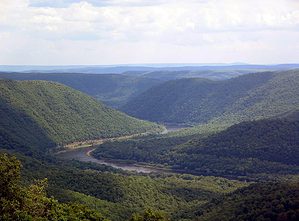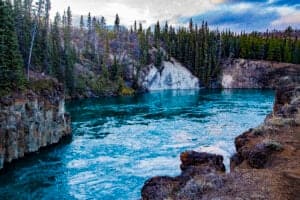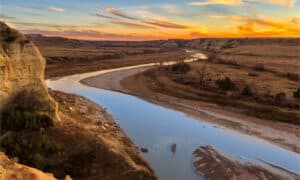Quick Answers
- The Euphrates River is the site of some of the greatest civilizations of the ancient world.
- This river is still vitally important to people in the region for water, irrigation, fishing, transportation, and electricity production.
- Four important events in the Bible are set at the Euphrates: The Garden of Eden, the original home of Abraham, the Israelites’ home during the Babylonian Exile, and the predicted location of significant events leading up to the end of the world.
- Christians differ in their interpretations of biblical passages about the Euphrates. Still, it is clear that this river was and continues to be an important site in the story of human civilization.
The Euphrates is one of the historically most significant rivers in the world. The Tigris-Euphrates River valley was the source of powerful civilizations, such as the Sumerians, the Assyrians, and the Babylonians. Without these twin rivers, the whole region would be a dry desert.
The Euphrates supports intensive agriculture and animal husbandry that provides resources to millions of people in Turkey, Syria, and Iraq.
It’s not a surprise that such an important waterway is mentioned in the Christian Bible. In fact, as we’ll see, the Bible teaches that human history begins and ends at the Euphrates.
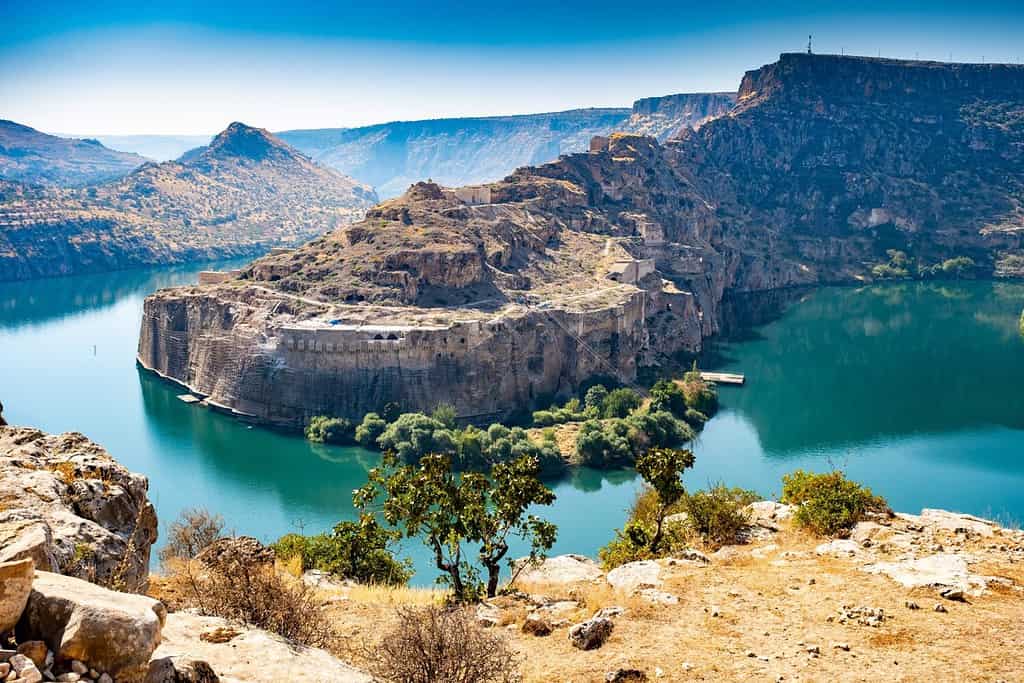
The Euphrates River valley is one of the early birthplaces of human civilization.
©yunus_oz/Shutterstock.com
The Garden of Eden
The Bible first mentions the Euphrates River as one of the rivers located in the Garden of Eden. After describing how God created the world, the Bible explains how God created a garden as an ideal home for the first human beings.
According to Genesis 2:10-14, a river flowed through the garden and then divided into the headwaters of four rivers: the Pishon, the Gihon, the Tigris, and the Euphrates.
So where was the Garden of Eden? Biblical scholars have proposed that it was either in the area of Turkey and the Caucasus or near the mouth of the Persian Gulf where they empty today.

The Bible sets the Garden of Eden, the original home of humanity, at the Euphrates River.
©iStock.com/Wirestock
The Home of Abraham
As the biblical story continues, God decides to begin working through a man named Abram (later changed to Abraham). He lived in the city of Ur, which in ancient times was a port city on the Persian Gulf at the mouth of the Euphrates. Over the centuries the coastline has changed so today the archaeological site of Ur is located well inland in modern Iraq. Genesis 11:31 describes how the family left their homeland and eventually settled in Israel, the land God had promised them. Both Jewish and Arab people consider Abraham to be the father of their respective peoples. You won’t find the Euphrates mentioned per se in this part of the Bible, so why do we mention it? Because we know from archaeology that Ur was located there and because of the great significance of Abraham in the biblical story.
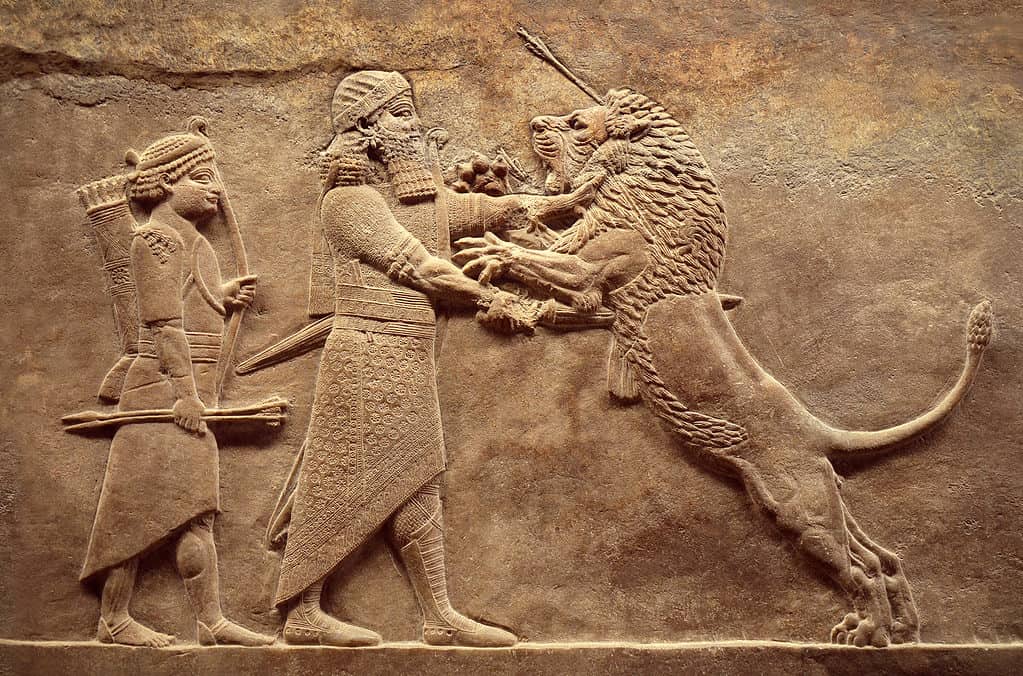
Mesopotamia, along the Euphrates, was home to a series of powerful civilizations in antiquity.
©Viacheslav Lopatin/Shutterstock.com
The Babylonian Exile
Babylon was one of the most powerful ancient empires that developed along the banks of the Euphrates. The Bible criticizes Babylon for its wickedness but also explains how God would use it for his purposes. The people of Israel had been disobedient and broken their covenant with God. As a result, he allowed the Babylonians to invade their land and take many thousands of them into exile. The prophet Jeremiah encouraged them to settle down there, build houses and farms and grow their families. One day God would redeem them from their exile and allow them to resettle in the Promised Land. Some of the Jewish songs of lament recorded in the book of Psalms were written by Israelites on the banks of the Euphrates.
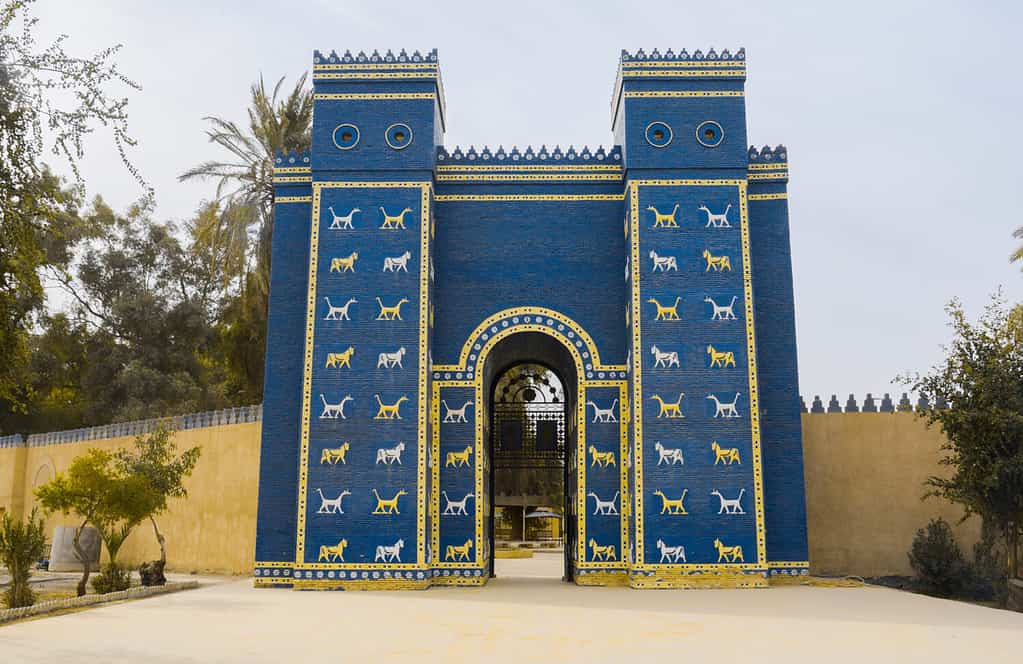
This is a restoration of the Ishtar gate of the city of Babylon, where the Israelites were taken into exile.
©Karrar A. AlAwadi/Shutterstock.com
The Battle of Armageddon
The Bible doesn’t just begin at the headwaters of the Euphrates. It ends there too. The last book of the Bible, Revelation, says that four angels have been bound at the Euphrates. At the end of the world, they will be released to devastate the planet with fire, smoke, and sulfur. This devastation is connected with the mobilization of an army of 200 million soldiers (Revelation 9:13-19).
Interestingly, the Euphrates is indeed in danger of drying up in Iraq today due to multiple dams built by Turkey that hold back much of the river’s headwaters, drought due to climate change, and a burgeoning population in the region.
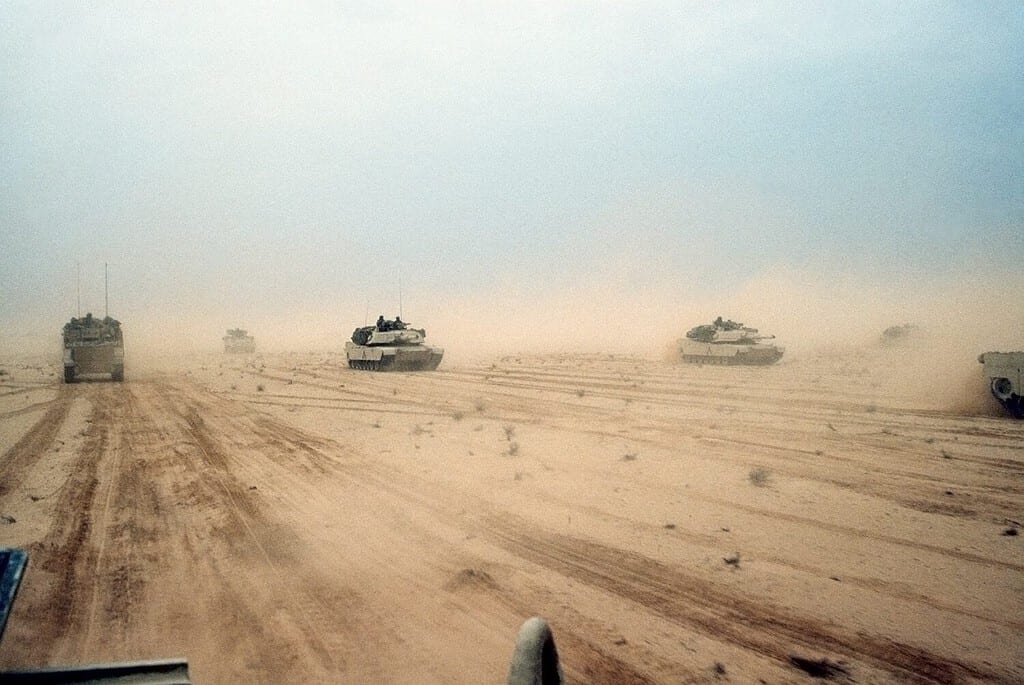
During the Persian Gulf Wars, Turkey used its dams to dry up the river to assist the American war effort.
©Everett Collection/Shutterstock.com
A Symbolic Interpretation
Not all Christians agree that these prophecies are to be taken literally. Some see the battle of Armageddon as a spiritual battle between the forces of good and evil. The drying up of the Euphrates could be a symbolic picture of the removal of barriers to evil. Increasingly immoral behavior by people will characterize the collapse of the world system. Whatever the case, literal or symbolic, it is clear that the Bible considers the Euphrates a central stage for its story of God’s interaction with people throughout history.
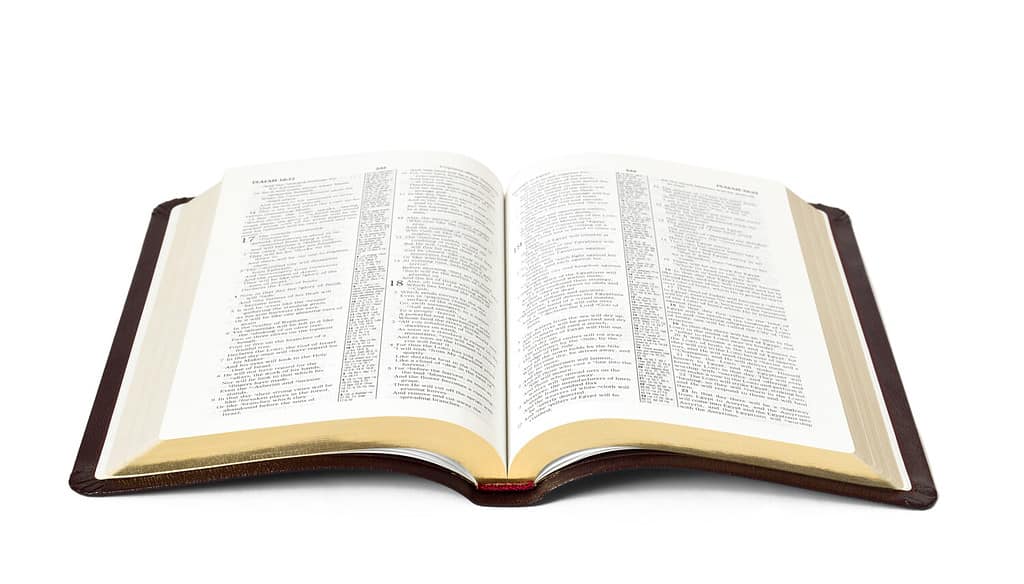
Christians differ in their interpretations of prophecies. Some see them as literal, others as symbolic.
©robert_s/Shutterstock.com
The photo featured at the top of this post is © Sadik Yalcin/Shutterstock.com
Thank you for reading! Have some feedback for us? Contact the AZ Animals editorial team.




